Home>Garden Essentials>How Long Do Uncooked Pumpkin Seeds Last
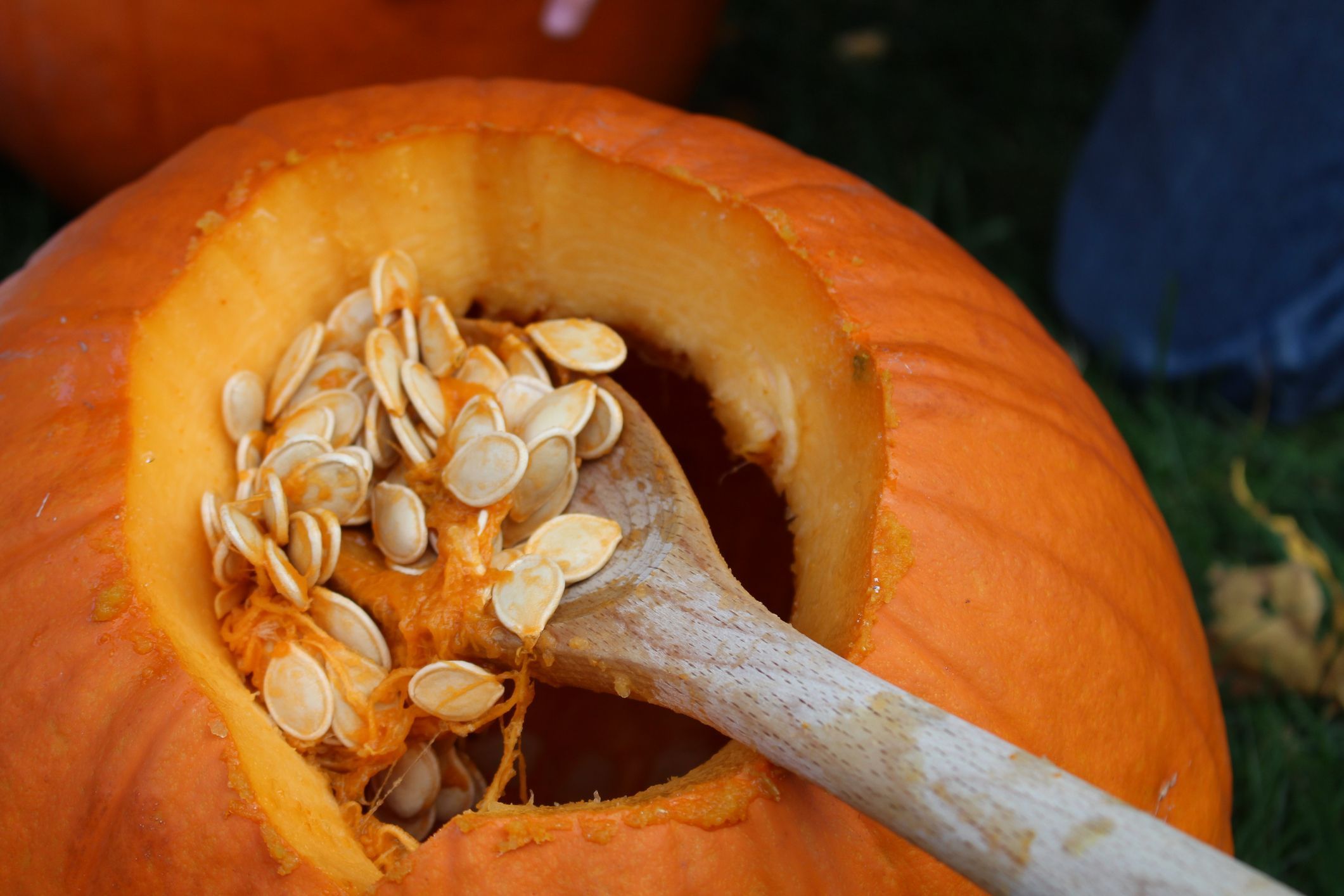

Garden Essentials
How Long Do Uncooked Pumpkin Seeds Last
Modified: August 23, 2024
Discover the shelf life of uncooked pumpkin seeds in your garden and make the most of your harvest. Find out how long they last and storage tips.
(Many of the links in this article redirect to a specific reviewed product. Your purchase of these products through affiliate links helps to generate commission for Storables.com, at no extra cost. Learn more)
Introduction
When it comes to gardening, there are few things as rewarding as growing your own fruits and vegetables. The joy of nurturing plants from seed to harvest is a truly satisfying experience. And one such plant that offers both culinary and health benefits is the pumpkin. Known for its vibrant orange color and unmistakable shape, pumpkins not only make a delightful addition to your garden but also provide a wealth of nutritional value.
But did you know that beyond the succulent flesh lies a treasure trove of goodness? Pumpkin seeds, also known as pepitas, are packed with essential nutrients, making them an excellent snack or a versatile ingredient for various dishes. But like all perishable food items, it’s important to understand how long uncooked pumpkin seeds can last before they start to lose their quality and nutritional value.
In this article, we will explore the factors that affect the shelf life of pumpkin seeds, how to store them properly, and signs to look out for to determine if they have gone bad. We will also discuss important safety precautions to keep in mind when consuming pumpkin seeds. So, if you’re curious about the longevity of uncooked pumpkin seeds or simply want to make the most of your harvest, read on!
Key Takeaways:
- Properly stored uncooked pumpkin seeds can last for several months to a year, maintaining their freshness and nutritional value for delicious snacking and cooking.
- Be mindful of signs of spoiled pumpkin seeds, such as foul odor, mold, discoloration, oily texture, and off taste, to ensure safe consumption and enjoyment.
Read more: How Long Do Cooked Pumpkin Seeds Last
Factors that Affect the Shelf Life of Pumpkin Seeds
Several factors can influence the shelf life of uncooked pumpkin seeds. Understanding these factors will help you optimize storage conditions and ensure the freshness and quality of your seeds for as long as possible.
1. Moisture: Moisture is the enemy when it comes to preserving the longevity of pumpkin seeds. Excessive moisture can lead to mold growth and spoilage. It’s important to keep the seeds as dry as possible to extend their shelf life. Be cautious during the harvesting and cleaning process to remove excess moisture and dry them thoroughly before storage.
2. Temperature: Temperature plays a crucial role in determining the shelf life of pumpkin seeds. Exposure to high temperatures can cause the oils in the seeds to turn rancid, thereby reducing their quality and taste. Ideally, store the seeds in a cool and dark place, such as a pantry or a cellar, where the temperature remains consistent.
3. Light: Like many food items, including nuts and seeds, exposure to light can speed up the process of oxidation, leading to a quicker deterioration of the pumpkin seeds. It’s best to store them in opaque containers or in a dark cupboard to protect them from unnecessary light exposure.
4. Packaging: The choice of packaging can significantly affect the shelf life of uncooked pumpkin seeds. Opt for airtight containers or resealable bags that can keep out air, moisture, and pests. Avoid using plastic bags that may not offer adequate protection against moisture and can promote mold growth.
5. Quality of Seeds: The quality of the pumpkin seeds at the time of harvest can also impact their shelf life. Choose seeds that are plump, mature, and free from cracks or damage. Seeds that have been harvested too early or are already compromised may not last as long as seeds with optimal quality.
By considering these factors and following proper storage practices, you can significantly extend the shelf life of uncooked pumpkin seeds while ensuring their freshness and nutritional value.
Storage of Uncooked Pumpkin Seeds
Proper storage is key to maintaining the freshness and extending the shelf life of uncooked pumpkin seeds. By following these simple guidelines, you can ensure that your seeds remain flavorful and nutritious for an extended period:
1. Cleaning and Drying: Before storing pumpkin seeds, ensure that they are thoroughly cleaned and dried. Remove any excess pulp or fibers by rinsing the seeds under cold water. Pat them dry using a clean kitchen towel or paper towels. Moisture can promote mold growth and spoilage, so it’s crucial to remove as much moisture as possible.
2. Airtight Containers: Store the cleaned and dried pumpkin seeds in airtight containers or resealable bags. Mason jars, glass containers, or food-grade plastic containers with tight-fitting lids are ideal for this purpose. Airtight packaging prevents air, moisture, and pests from reaching the seeds, thereby preserving their quality.
3. Cool and Dark Location: Choose a cool and dark location for storing the pumpkin seeds to maintain their freshness. The temperature should ideally be between 50-70°F (10-21°C). Avoid places that experience extreme temperatures or fluctuations, such as near ovens or windows. A pantry or cellar is a suitable location for storing pumpkin seeds.
4. Avoid Excessive Heat and Light: It’s important to protect pumpkin seeds from excessive heat and light. Both can accelerate the oxidation process and cause the seeds to become rancid. Keep them away from direct sunlight and store them in opaque containers or in a dark cupboard to shield them from light exposure.
5. Use within the Recommended Time Frame: While uncooked pumpkin seeds can last for several months when stored properly, it’s best to use them within a reasonable time frame to ensure optimal freshness. Aim to consume the seeds within six months to a year of their storage date for the best taste and nutritional value.
By following these storage guidelines, you can enjoy the nutritional benefits of pumpkin seeds for an extended period. Remember to check the seeds periodically for any signs of spoilage and discard them if you notice any changes in odor, color, or texture.
Store uncooked pumpkin seeds in an airtight container in a cool, dark place like the pantry. They can last up to 6 months, but for best quality, use within 2-3 months.
Signs of Spoiled Pumpkin Seeds
While properly stored uncooked pumpkin seeds can last for a significant amount of time, it’s important to be aware of the signs of spoilage. Here are some indicators that your pumpkin seeds may have gone bad:
1. Foul Odor: One of the most noticeable signs of spoiled pumpkin seeds is a foul or rancid odor. If you detect an unpleasant smell when opening the container or bag, it’s a clear indication that the seeds have gone bad and should be discarded.
2. Mold or Mildew: Moisture can cause pumpkin seeds to develop mold or mildew, especially if they were not thoroughly dried before storage. If you see any fuzzy or greenish growth on the seeds, it’s a clear sign of spoilage. Moldy seeds should not be consumed as they can pose health risks.
3. Discoloration: Fresh pumpkin seeds have a vibrant greenish color. If you notice any significant discoloration, such as a dull or darkened appearance, it may indicate that the seeds have deteriorated and should be discarded.
4. Oily or Slimy Texture: Fresh pumpkin seeds have a dry and crispy texture. If they feel oily, slimy, or unusually moist to the touch, it’s a sign that they have become rancid or have developed bacterial growth. Such seeds should not be consumed.
5. Bitter or Off Taste: While pumpkin seeds have a rich, nutty flavor, spoiled seeds may taste bitter, sour, or unpleasant. If you notice any unusual taste, it’s best to err on the side of caution and dispose of them.
If you encounter any of these signs of spoilage, it is crucial to discard the pumpkin seeds. Consuming spoiled seeds can lead to digestive issues and foodborne illnesses. It is always better to be safe than sorry when it comes to food safety.
Remember, practicing proper storage and regular inspection of your pumpkin seeds can help ensure their freshness and quality.
Safety Precautions for Consuming Pumpkin Seeds
Pumpkin seeds offer numerous health benefits, but it’s essential to take some safety precautions to ensure their consumption is safe and enjoyable. Here are some important guidelines to keep in mind:
1. Allergies: While rare, some individuals may have an allergic reaction to pumpkin seeds. If you have a known allergy to nuts or seeds, it’s best to consult with a healthcare professional before incorporating pumpkin seeds into your diet. They can perform tests to determine if you have any specific allergies or sensitivities.
2. Choking Hazard: Pumpkin seeds are small and can present a choking hazard, particularly for young children and individuals with swallowing difficulties. It’s crucial to thoroughly chew pumpkin seeds before swallowing to prevent choking incidents. Keep pumpkin seeds out of reach of young children and supervise them while consuming them.
3. Portion Control: While pumpkin seeds are a nutritious snack, moderation is key. They are calorie-dense due to their fat content. Excessive consumption of pumpkin seeds can lead to weight gain. It’s important to practice portion control and consume them as part of a well-balanced diet.
4. Safe Harvesting: If you choose to harvest your own pumpkin seeds, follow safe harvesting practices. Ensure that the pumpkins are free from pesticides or other harmful chemicals. Thoroughly clean and dry the seeds before storing or consuming them.
5. Proper Preparation: Before consuming pumpkin seeds, it’s advisable to roast or toast them. This process not only enhances their flavor but also helps eliminate any bacteria or pathogens that may be present. Roasting the seeds at a temperature of 350°F (175°C) for about 15-20 minutes can effectively kill potential contaminants.
6. Storage After Preparation: Once the pumpkin seeds have been roasted, store them in an airtight container to maintain their crispness. Consume them within a reasonable time frame for the best taste and texture.
By following these safety precautions, you can enjoy the many benefits of pumpkin seeds while minimizing any potential risks. Remember to listen to your body and discontinue consumption if you experience any adverse reactions.
Read more: How Long Do Pumpkins Last On The Porch
Conclusion
Uncooked pumpkin seeds, also known as pepitas, are a nutritious and versatile ingredient that can be enjoyed in a variety of ways. Understanding how to properly store and handle these seeds is essential to maintain their freshness, taste, and nutritional value.
In this article, we explored the factors that can affect the shelf life of pumpkin seeds, such as moisture, temperature, light, packaging, and the quality of the seeds themselves. By addressing these factors and following proper storage practices, you can significantly extend the lifespan of uncooked pumpkin seeds.
We also discussed the signs of spoiled pumpkin seeds, including foul odor, mold or mildew growth, discoloration, oily texture, and an off taste. It’s important to be aware of these signs and to discard any seeds that show signs of spoilage to prevent foodborne illnesses.
Additionally, we highlighted the safety precautions to consider when consuming pumpkin seeds, such as being mindful of allergies, avoiding choking hazards, practicing portion control, and adopting safe harvesting and preparation practices.
Pumpkin seeds are not only a delicious and healthy snack, but they also offer an array of benefits including being a good source of protein, fiber, healthy fats, and essential nutrients such as magnesium, zinc, and vitamin E. By incorporating them into your diet, you can promote better digestion, heart health, and immune function.
So whether you choose to enjoy pumpkin seeds as a standalone snack, sprinkle them on top of soups and salads, or incorporate them into your favorite recipes, remember to store them properly, stay vigilant for signs of spoilage, and take necessary safety precautions.
With these guidelines in mind, you can savor the goodness of uncooked pumpkin seeds while reaping their nutritional benefits for months to come.
Frequently Asked Questions about How Long Do Uncooked Pumpkin Seeds Last
Was this page helpful?
At Storables.com, we guarantee accurate and reliable information. Our content, validated by Expert Board Contributors, is crafted following stringent Editorial Policies. We're committed to providing you with well-researched, expert-backed insights for all your informational needs.
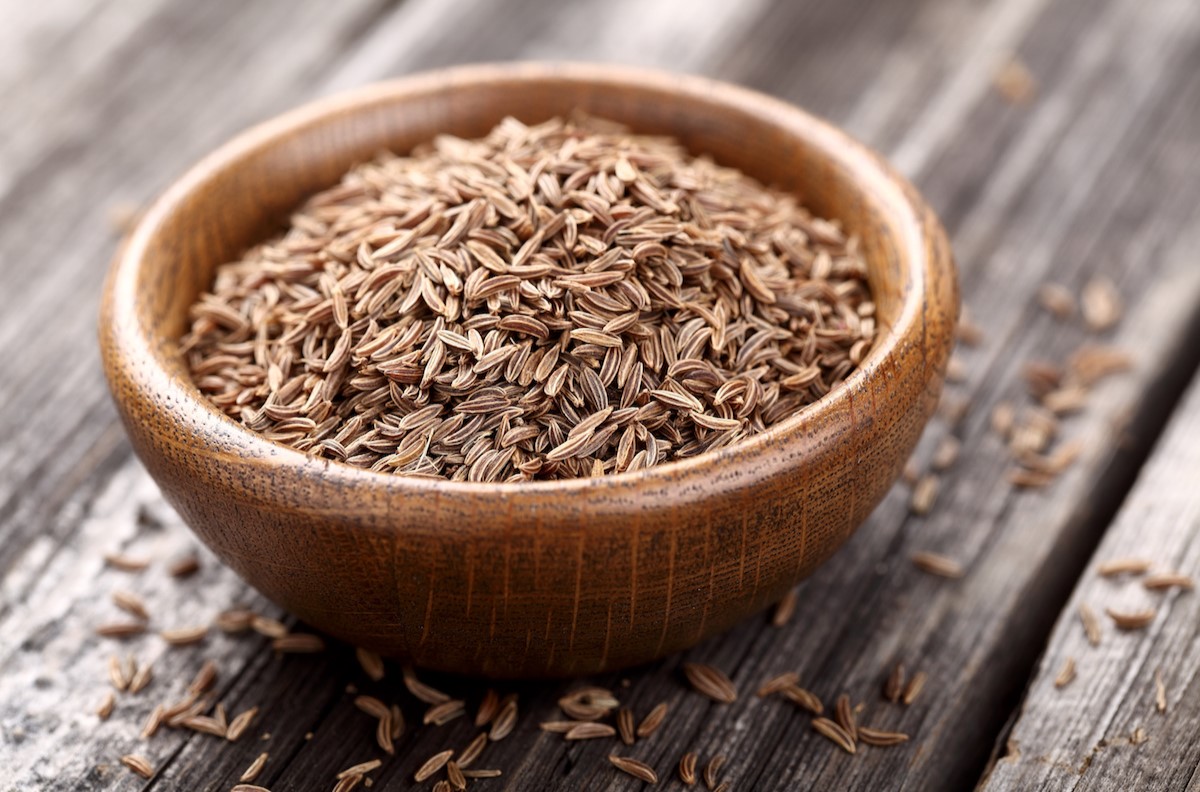
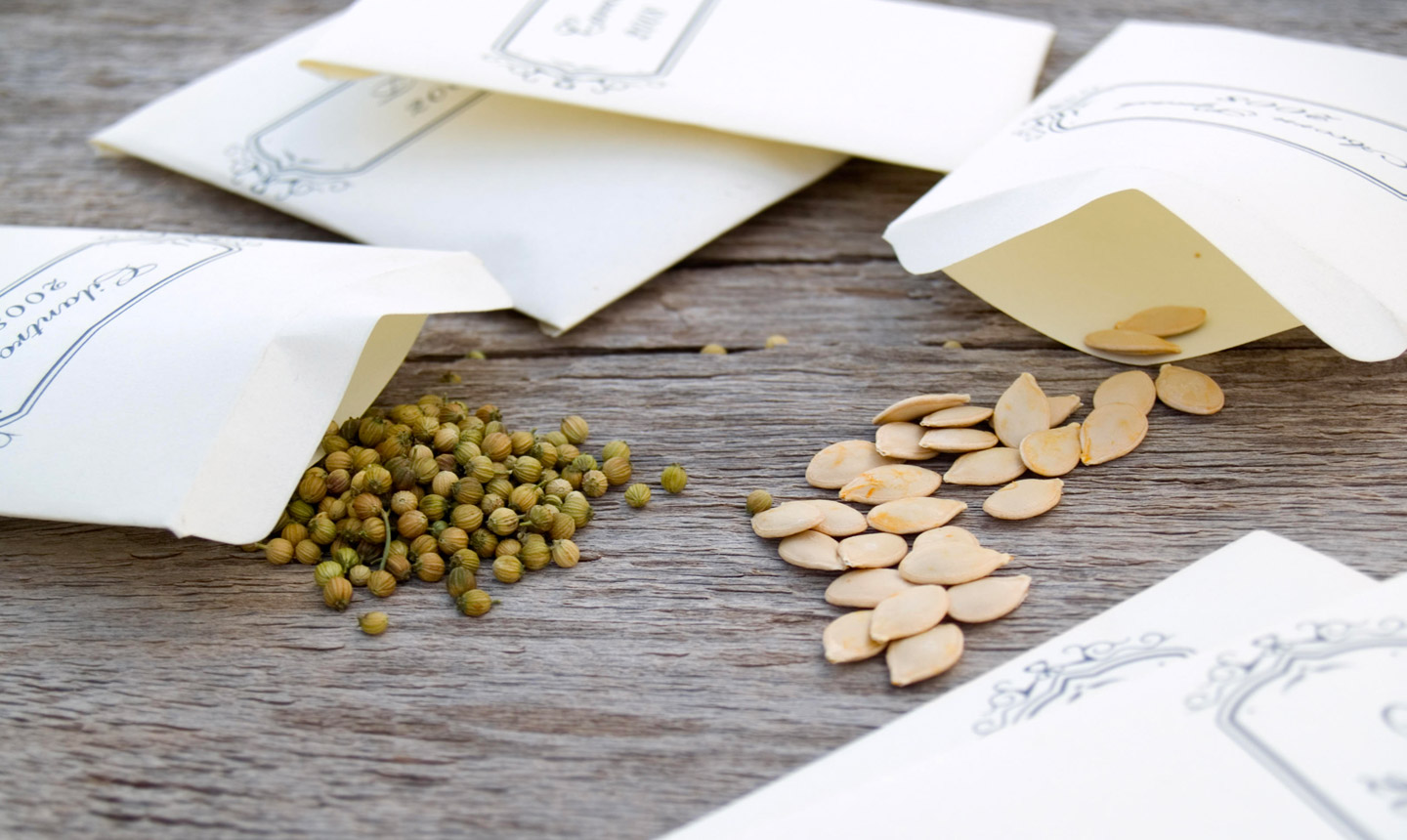
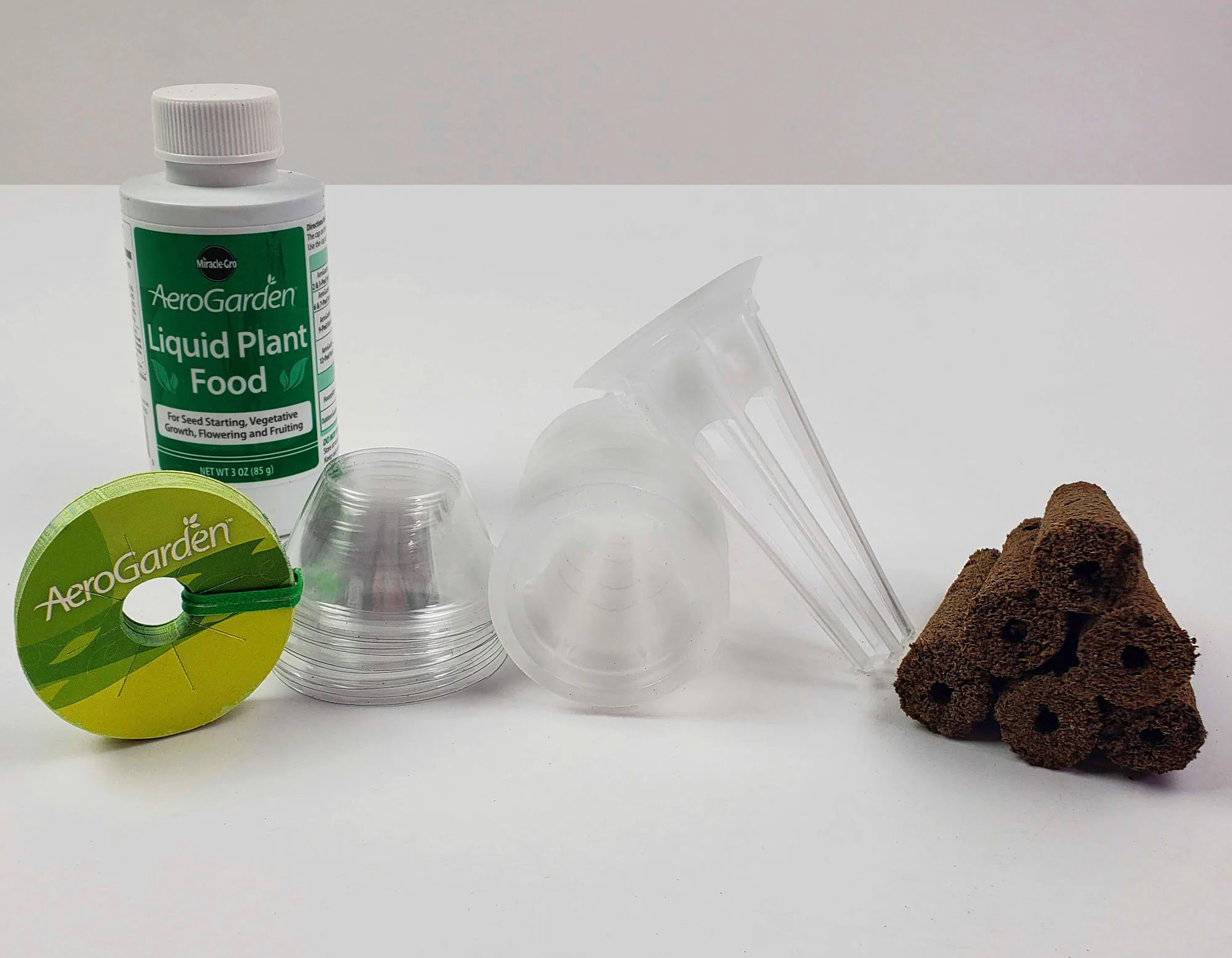
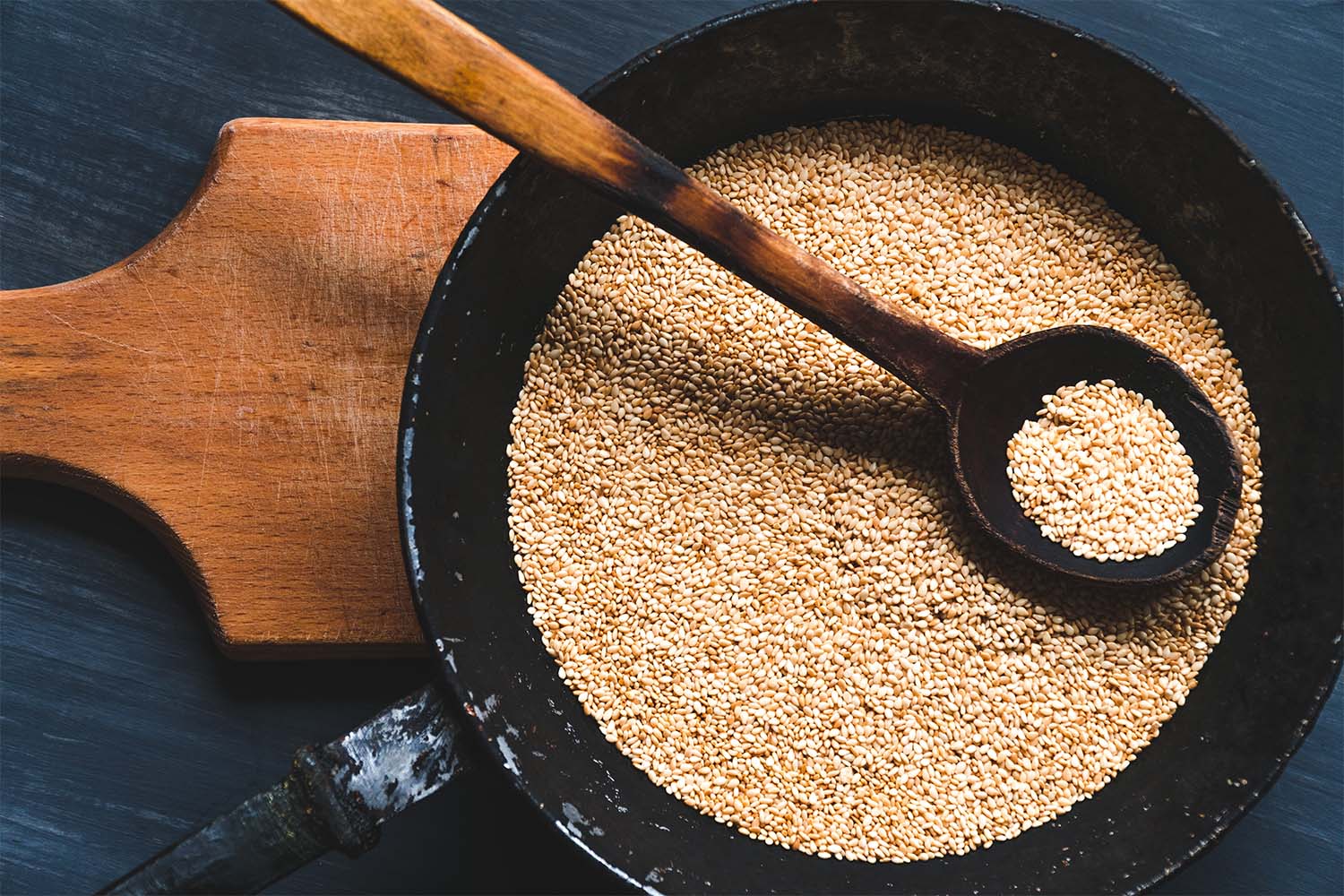
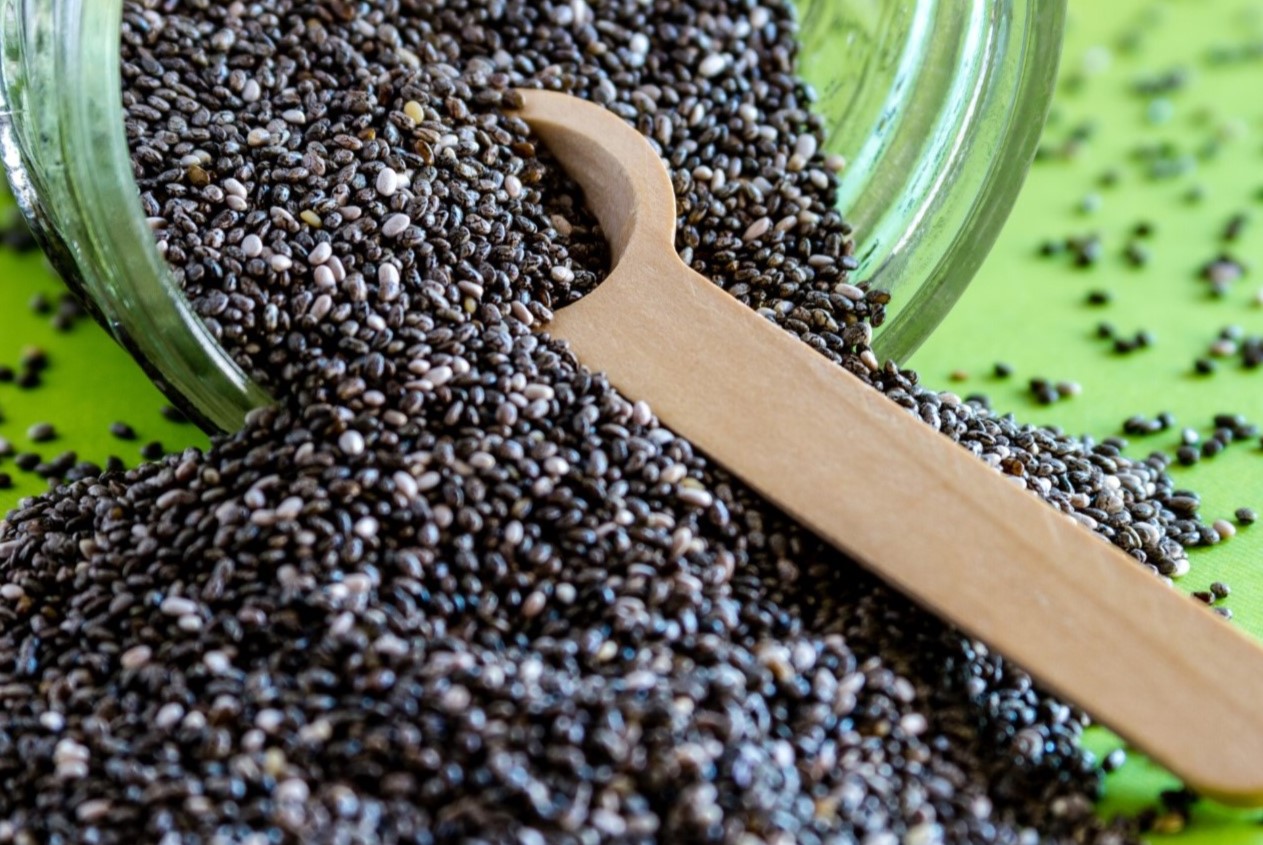
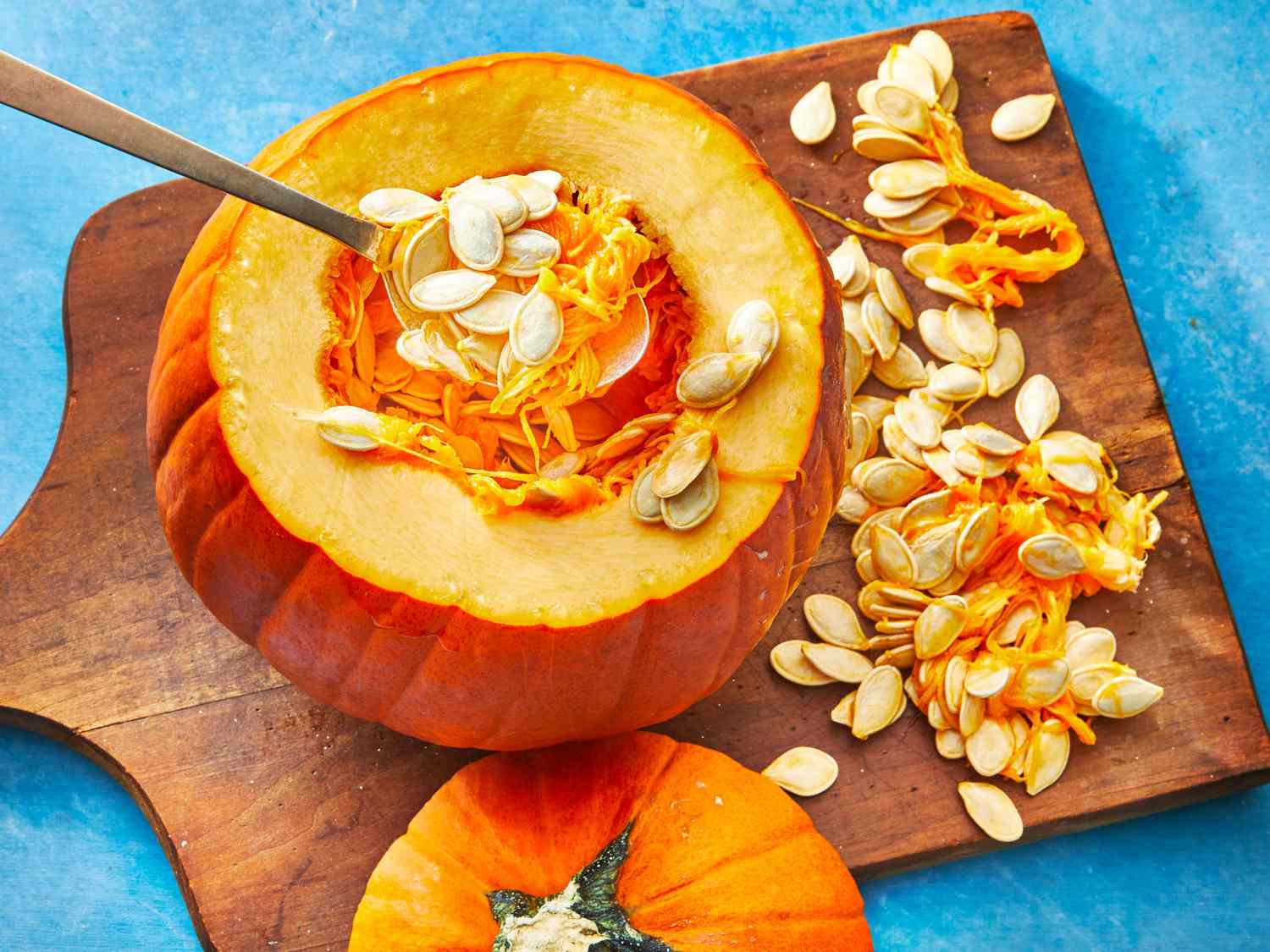
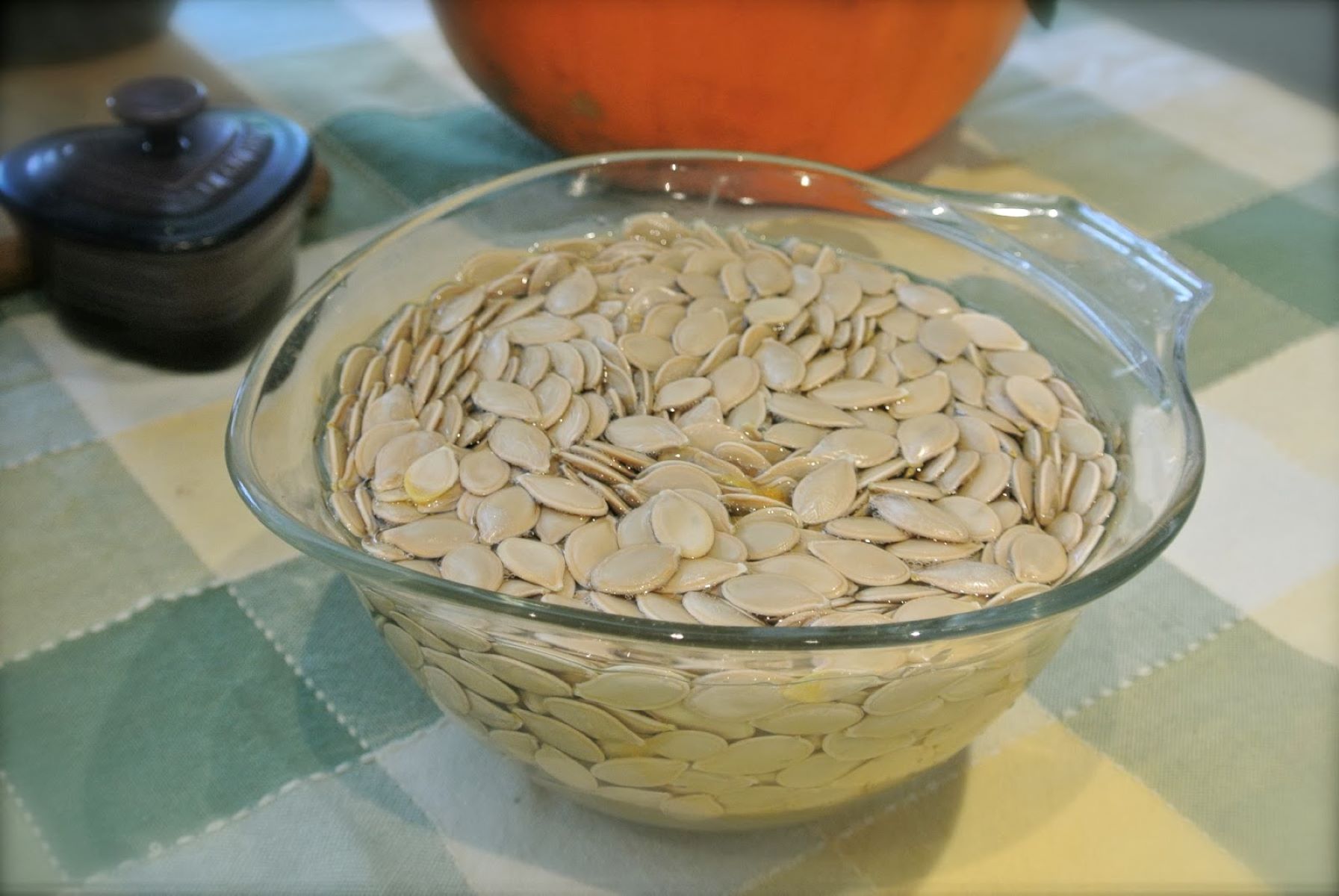
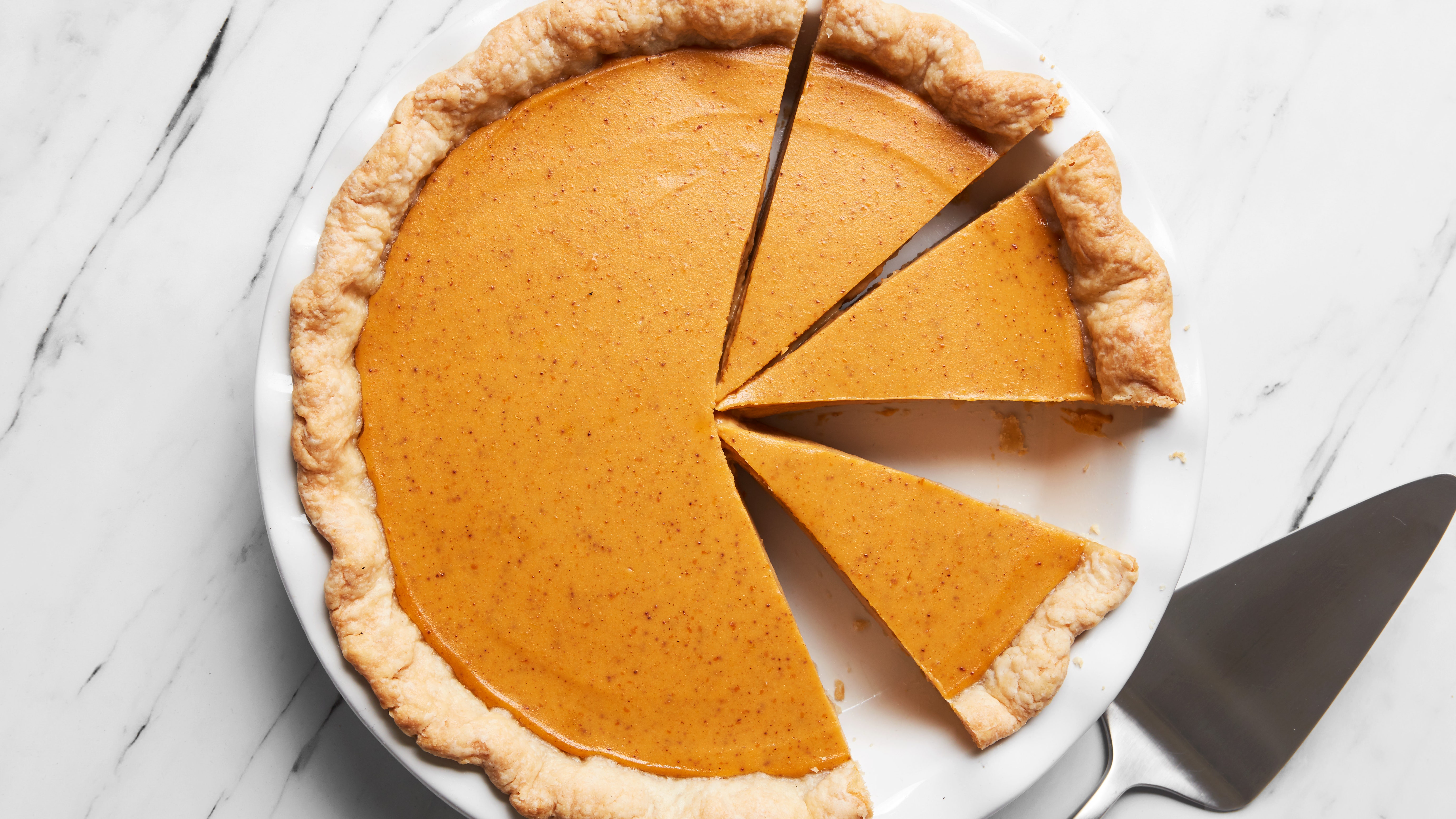
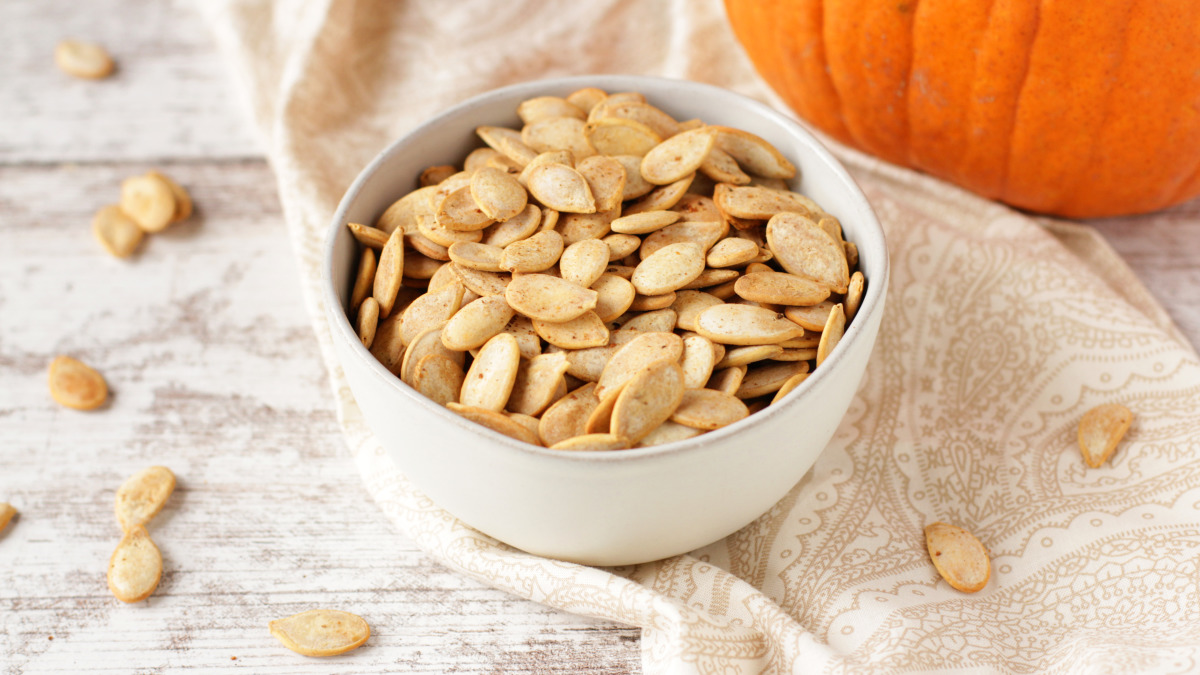
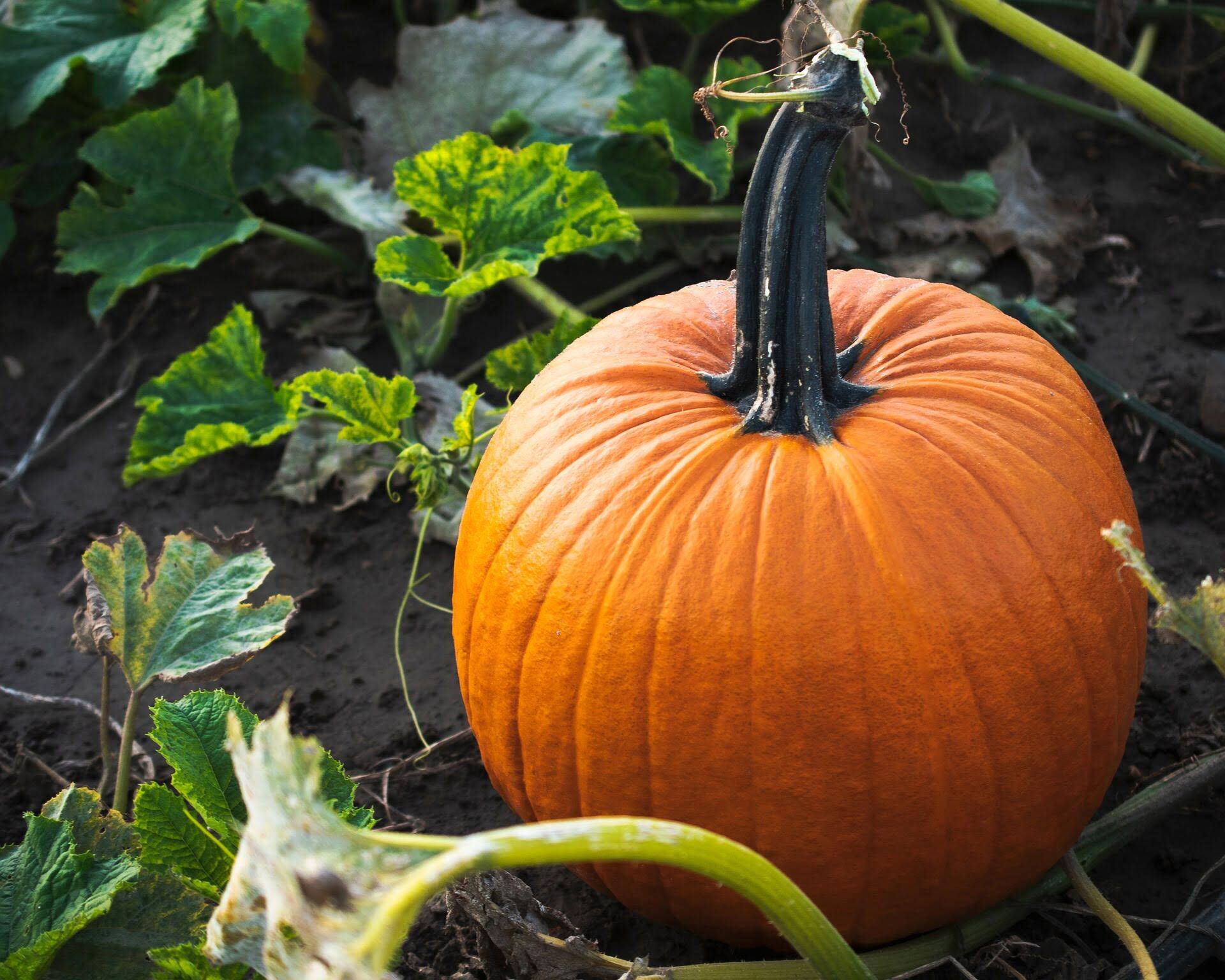
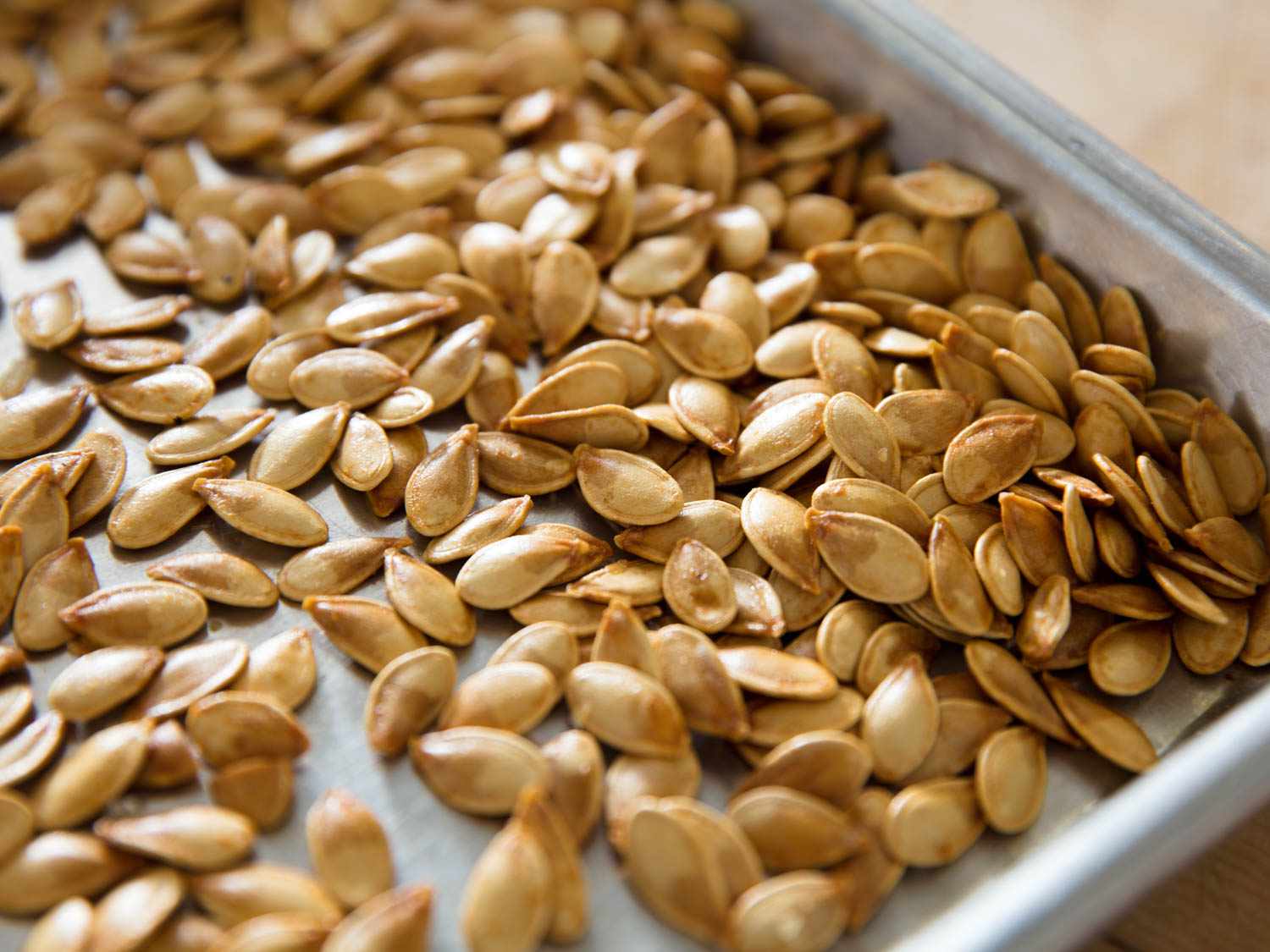
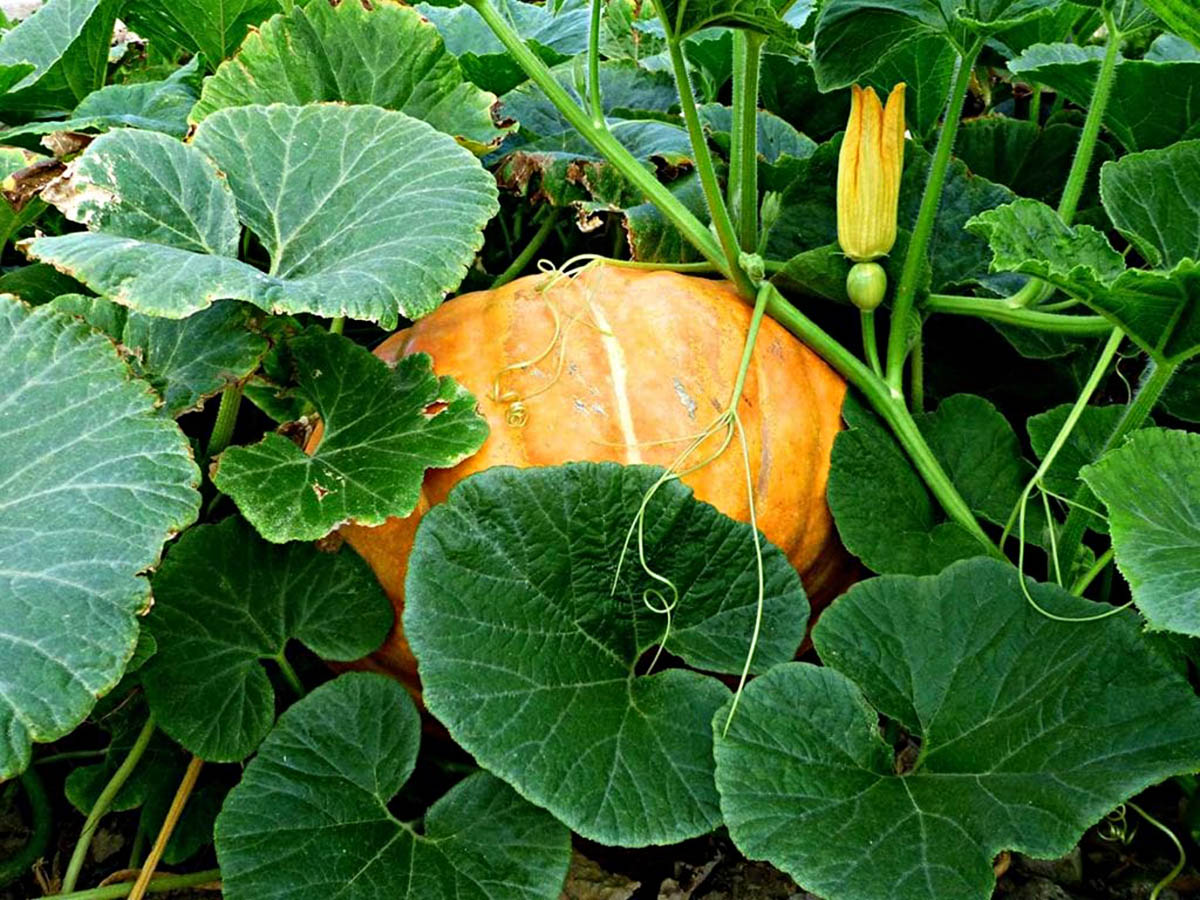
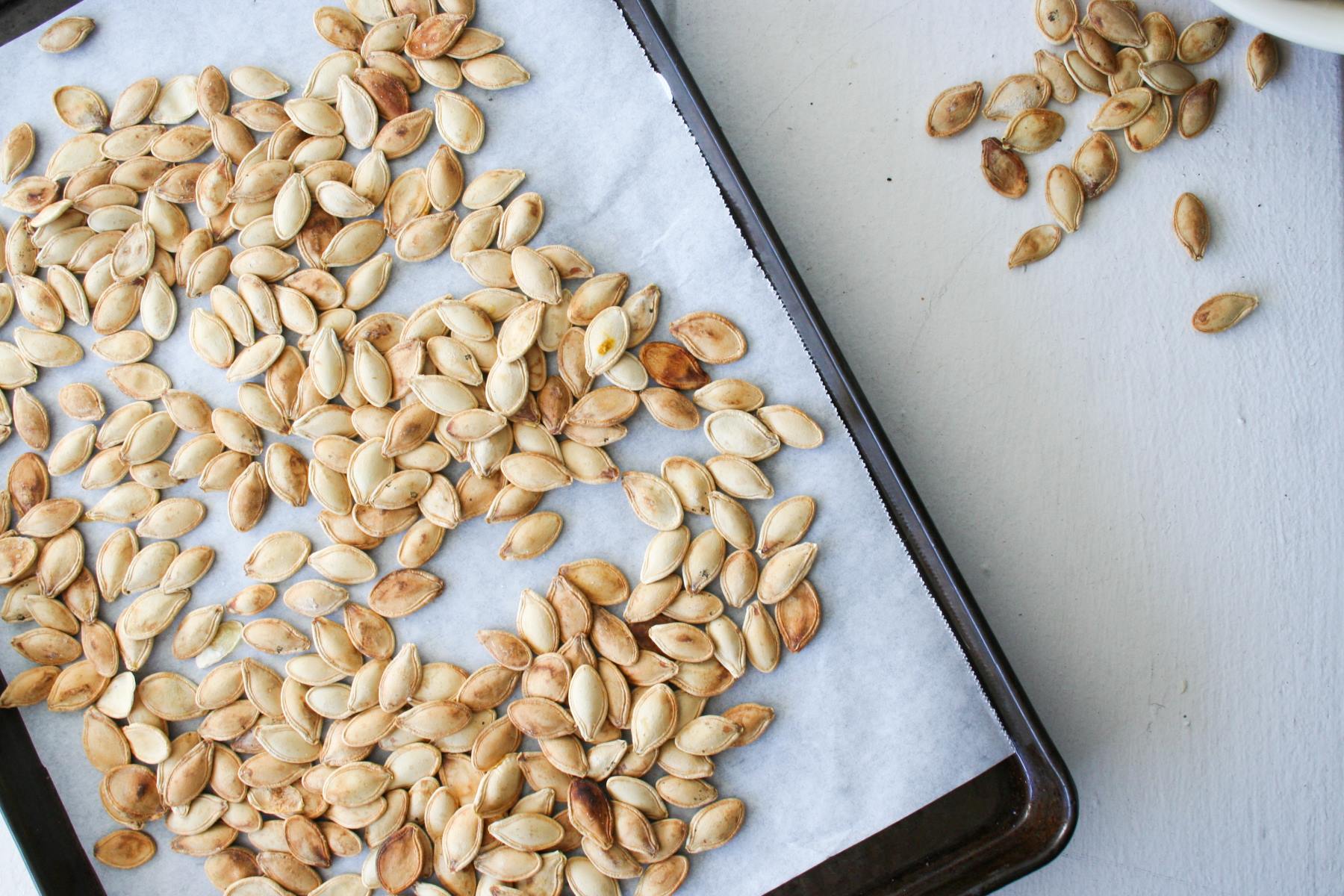
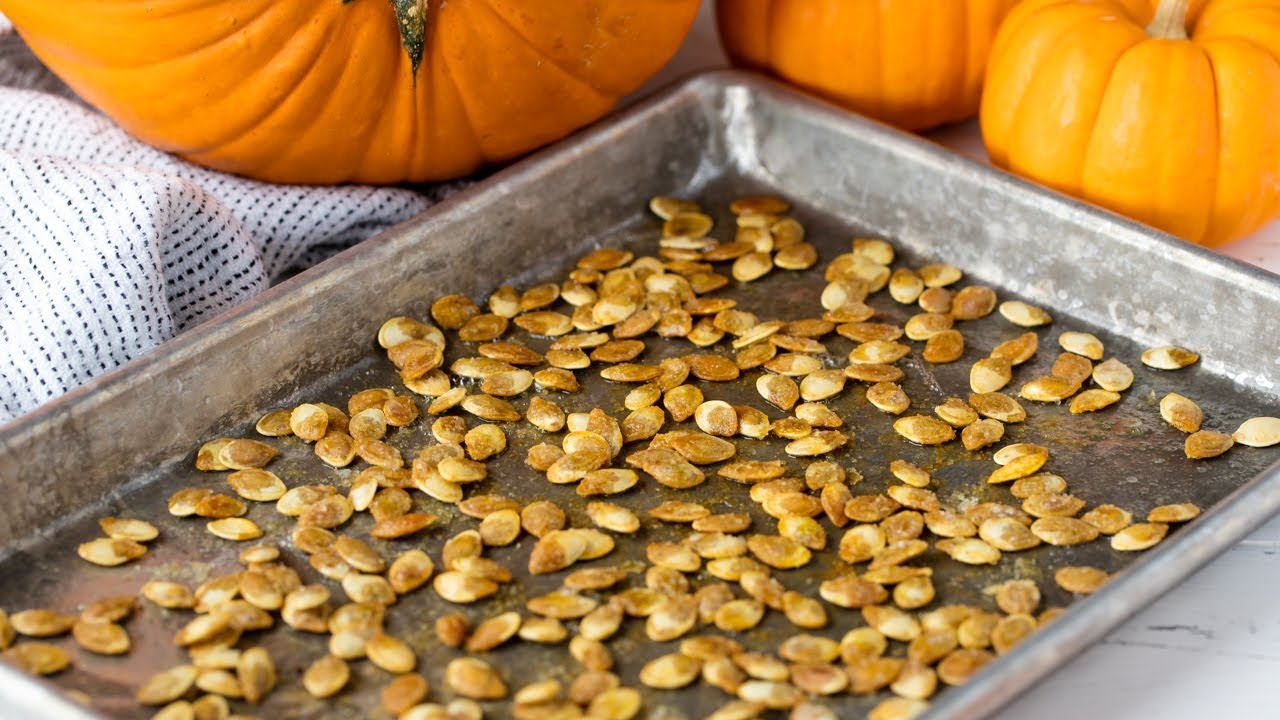

0 thoughts on “How Long Do Uncooked Pumpkin Seeds Last”